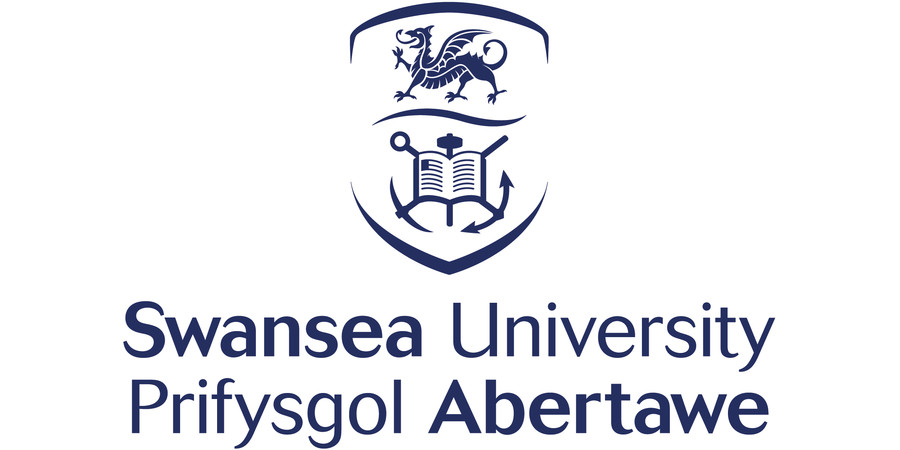Theoretical Particle Physics: Fully Funded PhD Studentship in Centre Vortices as Confinement Mechanisms in QCD
Swansea University - Theoretical Particle Physics
| Qualification Type: | PhD |
|---|---|
| Location: | Swansea |
| Funding for: | UK Students |
| Funding amount: | £20,780 |
| Hours: | Full Time |
| Placed On: | 5th June 2025 |
|---|---|
| Closes: | 23rd June 2025 |
| Reference: | RS847 |
There is a great deal of interest in the nature of QCD, the strong interaction force of particle physics. It has a fascinating personality - in all but the most exotic situations, it confines quarks together into hadrons such as protons and neutrons with a force of 15 tonnes (the weight of 3 elephants), but at large temperatures >1012C such as occurred just after the Big Bang, it is feeble and hadrons fall apart.
How confinement works in QCD, and how temperature affects it is not understood mathematically. Unsurprisingly, it is the subject of intense research, and a $1M Millennium Prize. There are however a number of interesting, insightful ideas which may point to a more profound understanding. One of these is ''Centre Vortices''. These are the non-perturbative part of the gluonic fields and distils important topological structures thought to contain the essence of confinement. This project will use a first-principles approach in which large-scale simulations of QCD are performed on a discretised “lattice” version of space and time, similar to the finite difference approach in computational fluid dynamics. Using this Lattice QCD method, Centre Vortex fields will be analysed to understand particles called glueballs and the temperature effects of confinement.
The project will be based on performing computational simulations and theoretical calculations of QCD. It will involve applying quantum field theory and computational methods to understand the nature of the confinement mechanism of QCD.
Funding duration: 3 years
Funding Comment
This scholarship covers the full cost of tuition fees and an annual stipend at UKRI rate (currently £20,780 for 2025/26).
Additional research expenses of up to £1,000 per year will also be available.
Advert information
Type / Role:
Subject Area(s):
Location(s):









